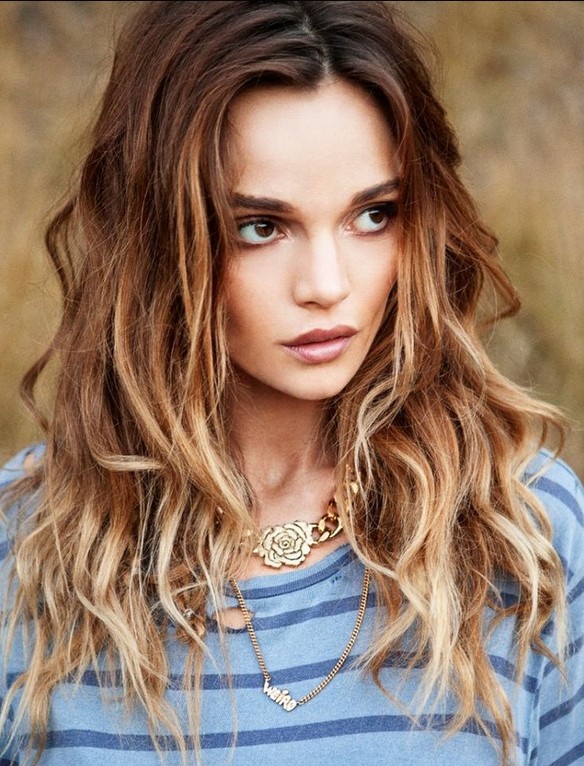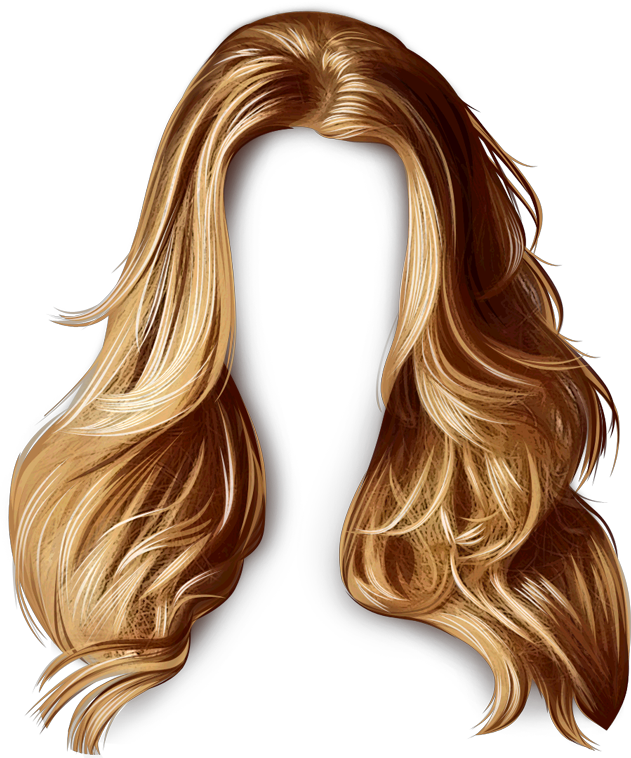· greetings, do i stand corrected if i say that: I am thinking how to translate a sentence into english: In that case, what is it? · if you use some, you can use singular or plural. · i read that the word barnet means hair in cockney rhyming slang, and its based on the term barnet fair where fair rhymes with hair and dropped, leaving the first word barnet, the … There’s really no sensible answer to which is most used, since they’d be used for … The wind flirted with his hair. And if i am not mistaken, you can cepillar with a cepillo, a … The wind fluttered through his hair. The wind whispered through his hair. Do my hair look good? · the wind ruffled his hair. · is there any difference in braid or plait referring to hairstyle? Does my hair look good? · starting point: My daughter wears braids (or plaits)? When i went downstairs this morning, i found some hair/hairs on the sofa, where my cat had been sleeping. I came across the phrase cómo cepillar (bien) tu pelo, and noticed a verb and a noun based on the hair root. Here some hairs … I will get my hair cut today. the above sentences are both correct grammatically? Shoulder-length, red, curly hair red, curly, shoulder-length hair curly, … I will get my haircut today. b. · to give an english-speakers view on this: You did ask for a fixed phrase, another. In be, the spelling blond is relatively rare, i would say. - i have fair, long, curly hair, o -. · hi, i need someone clarifies me: · blond applies to males, blonde to females. Has the order of the adjectives some importance? I would be just as likely to say the adjectives for hair in almost any order: Unless you are talking about specific strands of hair (as in she left a few long hairs in the back) we use the singular.
A Hair Raising History: George Washington Unmasked
· greetings, do i stand corrected if i say that: I am thinking how to translate a sentence into english: In that case, what is...








